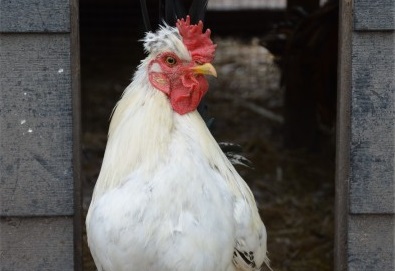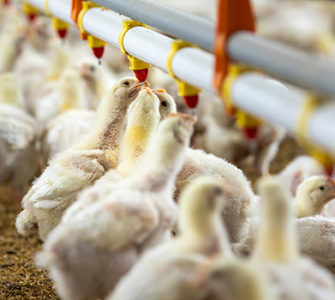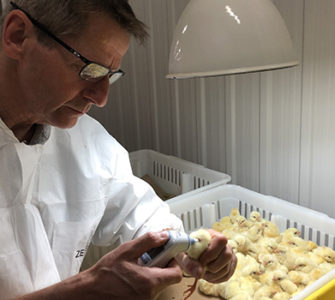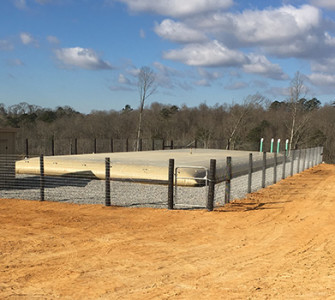Temperature of drinking water may affect bodyweight during brooding
The temperature of drinking water during brooding may affect the bodyweight of broiler chicks, according to a University of Arkansas study.1
In their study, investigators provided 225 day-old male broilers with free access to water that was either 40° F (4.44° C), 70° F (21.11° C) or 100° F (37.78° C). They monitored water temperature hourly and adjusted it as needed during the 72-hour treatment period. The scientists also vaccinated birds for coccidiosis and provided feed based on Cobb nutritional standards.
Broilers that received the hottest water were significantly lighter (P ≤ 0.03) than broilers in the other groups on day 14, weighing in at 463 g (1.02 lb) compared to 501 g (1.10 lb) for the other two groups.
Although there were no significant differences regarding feed conversion or average weight among the three groups on days 7, 31 and 42, birds that received the hottest water had numerically lower bodyweight compared to the other groups, Christopher Eagleson, an undergraduate at the university, reported at the 2014 International Poultry Scientific Forum.
1 Eagleson C, et al. Impact of drinking water temperature during brooding stage on bodyweights of broiler chicks. Proceedings, International Poultry Scientific Forum, Atlanta, 2014.
Posted on July 19, 2014

















